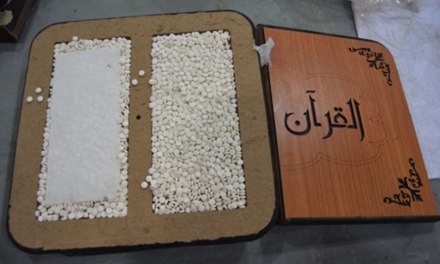The article below is about Arizona businesses that operated as ‘sober homes’ in order to defraud Medicaid. The Washington Post looks into the problem a little more thoroughly than most.
Sober homes promised help and shelter. Some delivered fraud, officials say
I’ve already written about this same problem in a previous post, so now I want to focus on what happened to the women – especially indigent women who brought dependent children to these residences.
First, the whole purpose of the offending sober homes appears to have been to bill Medicaid for various services, whether or not they were actually provided (mostly not).
A scam, in other words. Once the State discovered what was happening, they naturally shut the operation down. Without delay.
I’m sure that makes perfect sense in strictly legal terms, but it had the unintended consequence of putting a significant number of the former residents on the street — adrift, homeless, and hungry. Many, like the woman in the article, were mothers with young children, brought to treatment from distant communities. Including Navajo tribal lands in eastern Arizona.
The scammers had blanketed areas area with ‘scouts’ who drove around in white vans recruiting people for an extended stay in the sober homes. This was especially attractive to the homeless. We’ll provide food and shelter, the pitch went, in a safe place, plus we’ll care for your kids. All you have to do enroll in counseling. And it won’t cost you a dime.
Hard to resist, especially for the target audience.
Of course, when they arrived, the place was nothing at all like what they’d been promised. A house badly need of repair, not enough food to go around, and as for treatment – well, the WaPo article characterizes that as “…long classes at a stuffy outpatient clinic owned by the same people that operated the sober home.”
It sure sounds like a scam, doesn’t it? The folks behind it had to know it would catch up with them at some point. But hey, they were getting away with it, right? So they just kept going.
Many years ago, a friend who had helped to pioneer the movement towards recovery homes for women and children explained to me that women came to live in such environments primarily to be safe and to access services other than treatment, for themselves and their kids. The notion of quitting drinking was secondary to more pressing needs. If that was what they were required to do, in order to be in the program, then so be it.
She explained that although the women might recognize they had a substance problem, the notion of doing without drugs or alcohol on a permanent basis was so foreign to them as to be almost beyond understanding. It would be weeks or months before they were ready to attempt sobriety on their own, outside a protected environment. Until then, their recovery was incredibly fragile, and anything could tip them back into the cycle of addiction.
I never forgot that.
Which makes what these fraudsters did even more offensive than simply cheating Medicaid, although that’s plenty bad enough. Their greed led them to rob these women of what they had managed to gain a little of in the first place: hope, for a better life.
Somehow that makes the crime much worse. I hope the criminals will have an opportunity to regret their actions, at length, from a cell.












